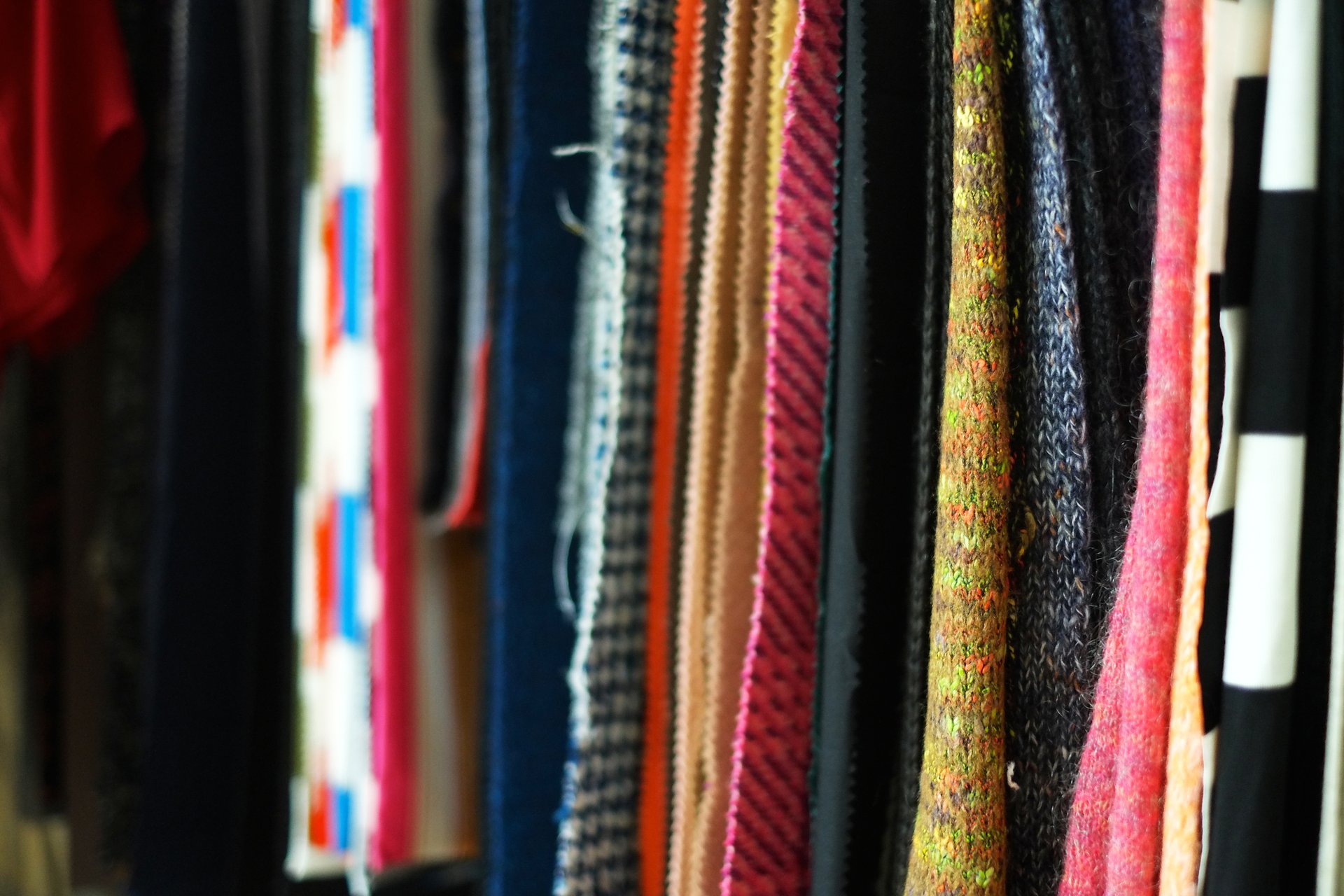Sustainability is great design. It is based on a deep understanding that all things are interconnected in this world. Sustainability provides the ability to design and produce indefinitely. This requires that the design, development, production and use of fashion products meets today’s needs, without preventing them from being met by future generations.
The fashion industry is not currently sustainable. We are using up natural resources and exploiting people in ways that will deplete future generations of the resources they need, impacting future profitability and business opportunities. We have the power to change the way fashion is made and consumed by creating a sustainable industry with greater influence and increased profit. While many sustainability initiatives exist, there is no way to be 100% sustainable… yet.
Failure to embrace sustainable practices neglects a key factor for long-term success in business.
Now is truly an exciting time for the sustainability movement in fashion. In addition to a plethora of new technology and material innovations, there is an unprecedented level of collaboration across the entire industry and its stakeholders. Companies, governments, non-governmental organizations, academia, communities, and individuals on a global scale are committing to:
- Common goals
- A common system by which to measure sustainability
- A common plan of action
COMMON GOALS
UN Sustainable Development Goals
The 17 Sustainable Development Goals (SDGs) of the 2030 Agenda for Sustainable Development — adopted by 193 countries in a historic UN Summit and officially went into force on January 1, 2016. The goals universally apply to all countries, who committed to mobilizing efforts to end all forms of poverty, fight inequalities and tackle climate change, while ensuring that no one is left behind. Each of the 17 goals set forth specific targets to be achieved by 2030.
The goals call for action by poor, rich and middle-income countries to promote prosperity while protecting the planet. They recognize that ending poverty must go hand-in-hand with strategies that build economic growth and addresses a range of social needs including education, health, social protection, and job opportunities, while tackling climate change and environmental protection.
COMMON METRICS
The Sustainable Apparel Coalition
The Sustainable Apparel Coalition is the apparel, footwear, and textile industry’s leading alliance for sustainable production. The SAC developed the Higg Index, a suite of tools that enables brands, retailers, and facilities of all sizes — at every stage in their sustainability journey — to measure and score a company or product’s sustainability performance.
The HIGG Index
The Higg Index delivers a holistic overview that empowers businesses to make meaningful improvements that protect the wellbeing of factory workers, local communities, and the environment. The Sustainable Apparel Coalition was born from a dynamic and unconventional meeting of the minds. In 2009, Walmart and Patagonia came together with a radical mission: collect peers and competitors from across the apparel, footwear and textile sectors and develop a universal approach to measuring sustainability performance.
COMMON AGENDA
The Global Fashion Agenda
The Global Fashion Agenda (GFA), based in Copenhagen, Denmark, is a leadership forum on fashion sustainability. The GFA works to develop, collect and spread the insights required for decision makers to implement sustainable practices. Additionally, they ensure industry collaboration across stakeholder groups to facilitate sharing of experiences and solutions. Their initiatives include:
Copenhagen Fashion Summit
The Copenhagen Fashion Summit, an annual, international gathering around sustainable fashion. It has become a nexus for agenda, setting discussions on the most critical environmental, social and ethical issues facing our industry and planet.
The CEO Agenda
The CEO Agenda is a guide to what every CEO in fashion needs to prioritize to future-proof their company, with the idea that sustainability is no longer a trend, but a business imperative.
Pulse of the Fashion Industry Report
Pulse of the Fashion Industry Report is an annual report, published in collaboration with The Boston Consulting Group, looks at environmental, social and ethical challenges as an immense untapped value creation opportunity. In the 2017 edition, an in-depth assessment was conducted to understand the industry’s environmental and social performance. The 2018 edition looks at progress made and provides guidance to fashion brands and retailers looking to move toward more responsible ways of doing business.
The Circular Fashion System Commitment
The Circular Fashion System Commitment is an initiative that encourages the fashion industry to commit to action on circularity by signing the 2020 Circular Fashion System Commitment. As of June 2018, 94 companies (both large and small) had signed on.



